
Rates of central line–associated bloodstream infection (CLABSI), catheter-associated urinary tract infection (CAUTI), and methicillin-resistant Staphylococcus aureus (MRSA) bacteremia all increased in hospitalized COVID-19 patients.
Nina Cosdon is the associate editor for Contagion. Before joining MJH Life Sciences, she graduated magna cum laude from Denison University in 2021 with a degree in Communication. You can find her reading, hiking, or antiquing, or by emailing her at ncosdon@mjhlifesciences.com.

Rates of central line–associated bloodstream infection (CLABSI), catheter-associated urinary tract infection (CAUTI), and methicillin-resistant Staphylococcus aureus (MRSA) bacteremia all increased in hospitalized COVID-19 patients.
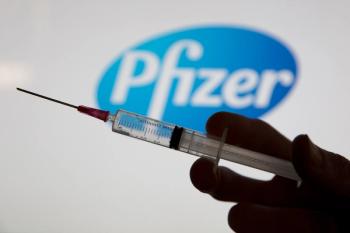
Containing 20 serotypes, Pfizer's Prevnar 20 grants the broadest serotype coverage of any pediatric pneumococcal conjugate vaccine.
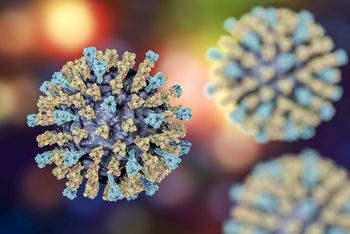
An outbreak of the highly infectious measles virus has led American Samoa to declare a public health emergency.

Vowst (SER-109) has received FDA approval to treat recurrent C diff infection, making it the first oral microbiome therapeutic.

The findings of this study could pave the way for new, disease-targeted probiotics.
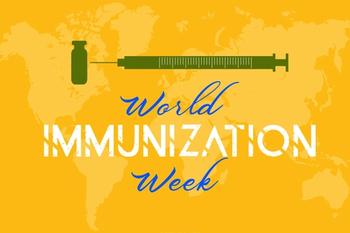
The last week in April is World Immunization Week, and we're recapping the most recent and significant developments in infectious disease vaccines.
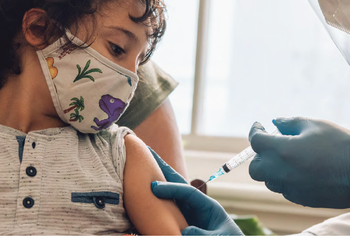
This study surveyed parents’ opinions on the risks of COVID-19 infection versus vaccination to determine how they affected the decision to vaccinate a child against COVID-19.
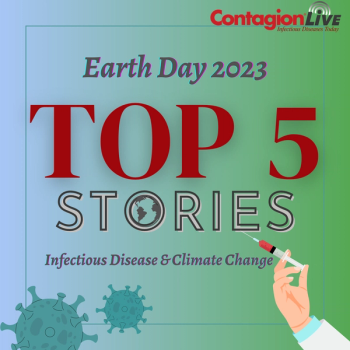
The floods, heat waves, droughts, and other calamities caused by excessive greenhouse gas emissions also make us more vulnerable to ill effects of pathogens such as bacteria, viruses, plants and fungi.
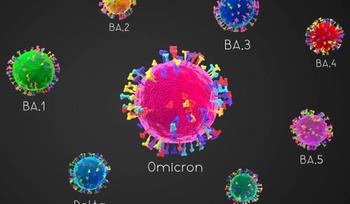
Omicron lineages, and especially BA.5, were determined to have higher reinfection rates and lower disease severity than previously circulating variants of concern.

The CDC and FDA now recommend the Moderna and Pfizer-BioNTech mRNA bivalent COVID-19 vaccines be used for all vaccinations in the US.

Patients who contracted COVID-19 later in the pandemic (2021-2022) were more likely to develop new chronic diseases after infection than patients who caught COVID-19 in 2020.
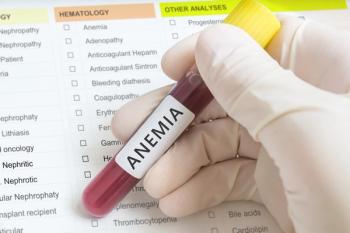
Anemia is both common and independently associated with poor clinical outcomes in respiratory infections, including COVID-19.
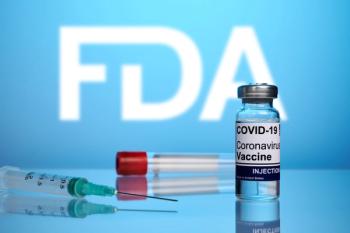
The FDA moved to harmonize primary and booster COVID-19 vaccine doses, deciding only the Moderna and Pfizer-BioNTech bivalent mRNA vaccines should be administered to individuals 6 months and older.

Post-COVID-19 conditions were more common in unvaccinated children than in children who had received at least 1 dose of a COVID-19 vaccine.

Poor sleep quality, deterioration in sleep quality, and sleep regularity were all linked to impaired lung function.

Alita Miller, PhD, senior vice president of research at Entasis Therapeutics, discusses positive trial data for Sulbactam-durlobactam (SUL-DUR) slated to be presented at ECCMID 2023.

Catch up with this week's 5 most-read infectious disease stories.
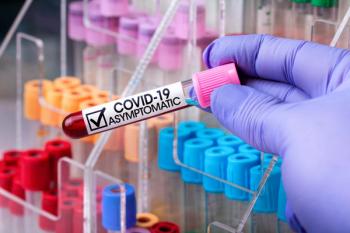
These study findings suggest COVID-19 admission testing may not be necessary in hospitals, as most asymptomatic COVID-19 patients were not infectious.

Reducing unnecessary antibiotic prescriptions for viral upper respiratory tract infections is crucial to stop the spread of antimicrobial resistance.

2 CDI recurrences occurred in this study, both in placebo recipients who were immunocompromised.

This study implemented an Electronic Health Record in a major hospital system to catch otherwise undetected C diff infections.

Moderna announced new mRNA vaccine candidates to combat prevalent viruses, and is even developing their first-ever bacterial vaccine for Lyme disease.

This study of health care access and affordability found adults with long COVID reported more unmet health care needs in the past 12 months.
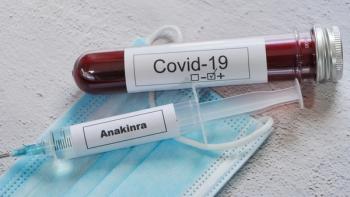
Can anakinra reduce inflammation and the need for mechanical ventilation in patients with severe COVID-19 pneumonia?

A literature review found we lack a consistent definition of long COVID, which can lead to variance in if and how these patients are treated.

This week's most-read stories discussed unforeseen consequences of the COVID-19 pandemic, including an increase in gastrointestinal diseases and a decrease in childhood asthma diagnoses.
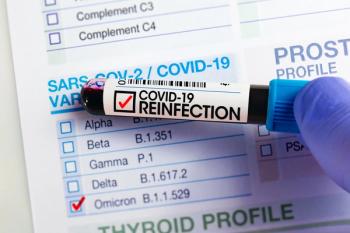
How likely is COVID-19 reinfection? A new study estimates the protection from past COVID-19 infection by variant and time since infection.

Pfizer’s investigational RSV prefusion F protein−based vaccine (RSVpreF) was 81.8% effective at preventing medically attended severe RSV-associated lower respiratory tract illness in infants.

Despite high vaccination rates and intensive contact tracing and infection control protocols, an Omicron BA.5 outbreak occurred in Urumqi, China after the “zero-COVID policy” was lifted.

Vilobelimab (Gohibic) was granted Emergency Use Authorization to treat adults hospitalized with severe COVID-19 infection.